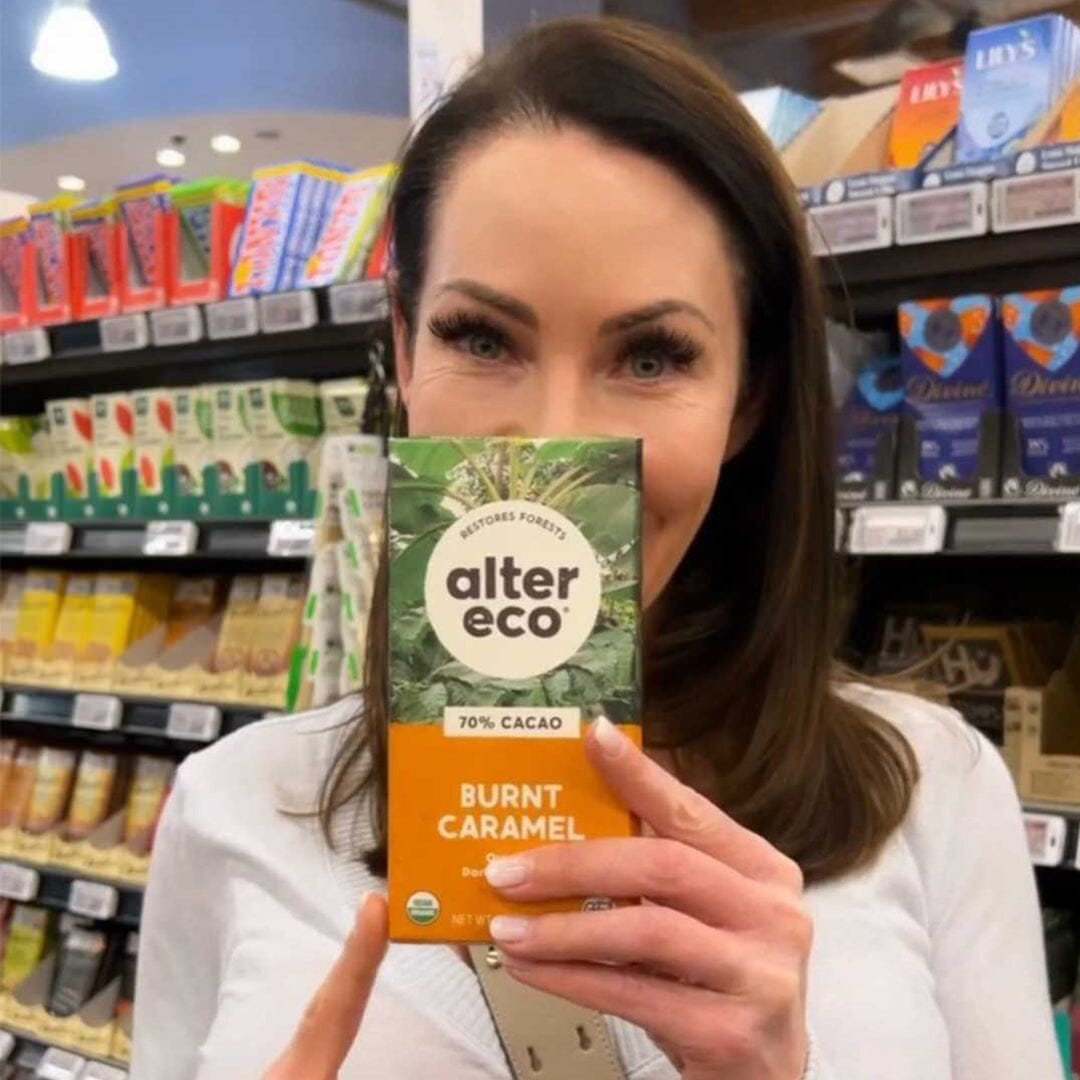Your Guide to Skincare During Pregnancy
by Emily Linehan on January 08, 2024
Hello Beautiful Mamas-to-Be! I know this time is filled with excitement and maybe a bit of uncertainty, especially when it comes to how your body and skin are changing. So let’s talk about how you can keep your skin glowing and healthy during pregnancy!
The Skin Changes You Might Encounter
If you’re expecting, you’ve likely gotten a few compliments about your ‘pregnancy glow’ – and it really is a thing! This phenomenon gives the skin a brighter, more flushed appearance as a result of increased blood flow and oil production. It’s a great change to see in the skin, however, there are some other not-so-desirable changes you may notice during pregnancy. Here are two of the most common (and totally normal) changes you may experience:
Breakouts and Increased Oil Production
Throughout your pregnancy, you may notice an increase in breakouts (or you may even start experiencing breakouts for the first time). This is due to the hormonal fluctuations that occur during pregnancy, which can be a bigger acne trigger. An increase in progesterone, for example, can send oil production into overdrive, leading to clogged pores and breakouts.
Luckily, these breakouts are totally manageable with the right skincare routine, so don’t panic!
Pregnancy Pigmentation (Melasma)
Pregnancy pigmentation, often referred to as melasma or the 'mask of pregnancy,' is another common change. Melasma appears as “cloudy” areas on the skin and is a result of an increase in melanin production during pregnancy often triggered by hormonal changes or sun exposure.
The good news is that it often fades post-pregnancy, but it can linger for some. Protecting your skin from the sun and using safe brightening ingredients like Vitamin C or Kojic Acid can help manage these pigmentation changes.
Skincare Ingredients to Avoid During Pregnancy
Just like certain dietary restrictions, there are specific skincare ingredients that should be avoided during pregnancy. While it’s always best to consult with your doctor first, here are some popular ingredients you may want to steer clear of and alternatives to help you maintain healthy skin while ensuring peace of mind during your pregnancy.
Retinol/Retinoids
While they’re great for anti-aging, some studies have linked retinols to birth defects, which is why they’re typically considered a no-go during pregnancy. However, recently, some doctors have been approving the use of retinol during breastfeeding. Of course, I always recommend checking with a healthcare professional first to figure out what’s best for you and your baby.
If you’re looking for an alternative, mandelic acid is great for speeding up cellular turnover, much like retinol, and is considered safe to use during both pregnancy and breastfeeding. Here’s how you can adjust your Emme Diane routine:
- Replace Pro-Retinol Serum with Radiant Renewal Serum or Clarifying Serum
Salicylic Acid
This popular acne treatment is advised against in high concentrations during pregnancy. Although low-strength topical salicylic acid is often considered safe, high doses or prolonged use can pose risks due to potential systemic absorption, similar to aspirin. Here’s how you can modify your Emme Diane skincare routine to avoid salicylic acid during pregnancy:
- Replace Purifying Serum with Clarifying Serum
- Replace Pink Potion with Annihilate Spot Treatment
Hydroquinone
Commonly used for skin lightening, hydroquinone is not recommended during pregnancy. There's a concern about its high systemic absorption rate and limited research on its safety in pregnancy. If pigmentation is a concern, here are some things to consider:
- Incorporate Brilliant-C Serum into your routine - not only does it help prevent new pigmentation from forming, but it is also formulated with a unique peptide to lighten existing pigmentation!
- If you’re already using Enlightened Serum, a pregnancy-safe alternative is our Brighten Up Serum.
Resorcinol
This ingredient, often found in hair dyes and certain acne treatments, should also be avoided during pregnancy. Its potential systemic absorption and lack of extensive research on safety during pregnancy make it a risk. For acne concerns, benzoyl peroxide is a safer option that effectively addresses breakouts. Here’s how you can modify your Emme Diane routine:
- Replace Sulfur Clearing Lotion with Acne Eraser
Chemical Sunscreens
Some chemical sunscreens contain ingredients like oxybenzone or octinoxate, which have raised concerns due to potential hormonal effects and skin absorption. During pregnancy, it's safer to opt for mineral sunscreens containing zinc oxide or titanium dioxide. These provide effective protection without the risk of absorption. Here are my recommendations to safely protect your skin:
- Emme Diane Tinted Mineral SPF 40
- Emme Diane Pure Protection Tinted Antioxidant SPF 40
Neurotoxins
Neurotoxins (like Botox or Dysport) and fillers (like Juvéderm) are another popular anti-aging option. Unfortunately, the effects of these treatments on pregnancy are not well studied, so it's always better to err on the side of caution. However, this doesn't mean you have to skip your anti-aging treatments entirely. Peptides are a great (and safe) alternative during pregnancy and breastfeeding. Often hailed as 'Botox in a bottle,' peptides help stimulate collagen production and strengthen elastin, which keeps our skin bouncy and youthful. To incorporate peptides into your Emme Diane routine, consider using our Glow Factor Serum or Firming Peptide Serum, both rich in peptides and perfect for keeping your skin looking firm and smooth during your pregnancy.
Navigating Skincare during pregnancy doesn’t have to be complicated. And although the changes can feel overwhelming, it’s important to remember that they are part of the incredible journey your body is on, and most of them are just temporary! I'd love to hear about your own experiences or answer any questions you might have about pregnancy skincare. Feel free to reach out to me directly at emme@emmediane.com – I’m always here for you!
xoxo,
Emme


